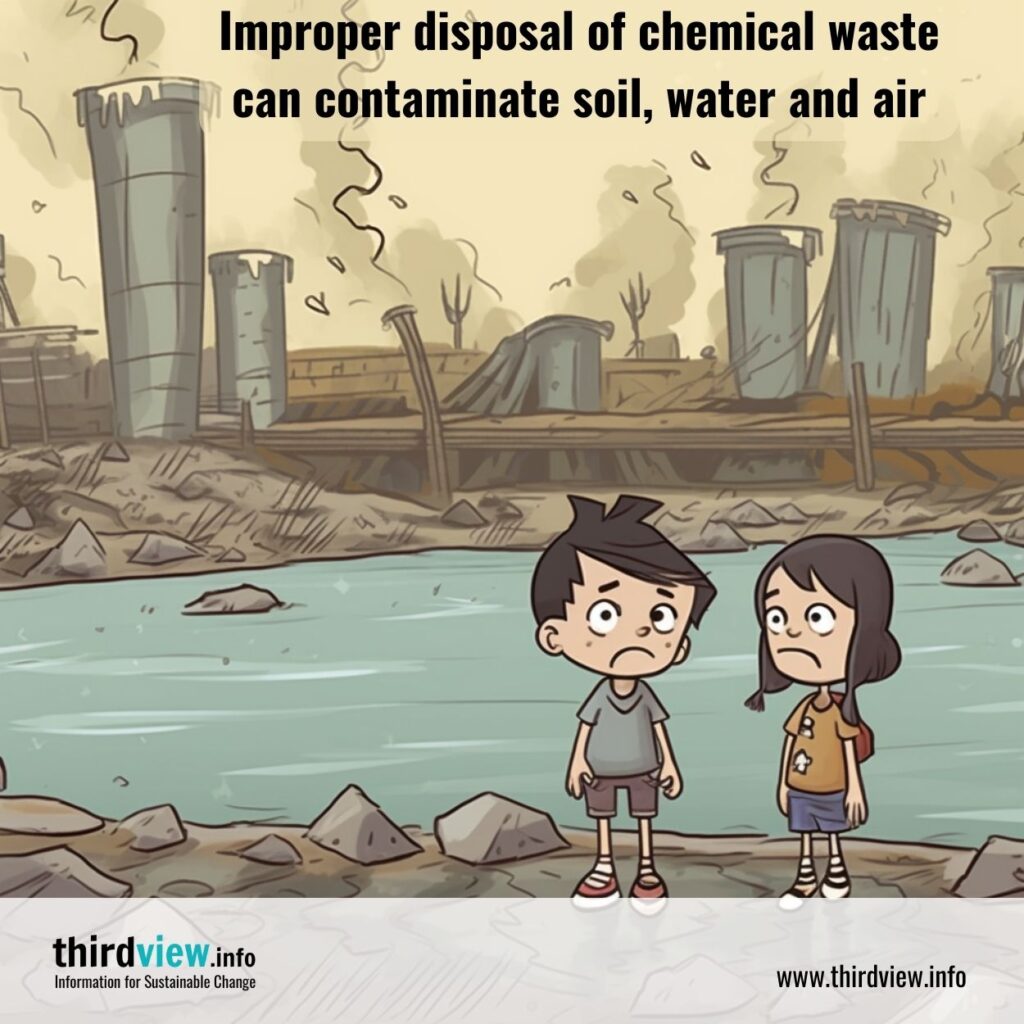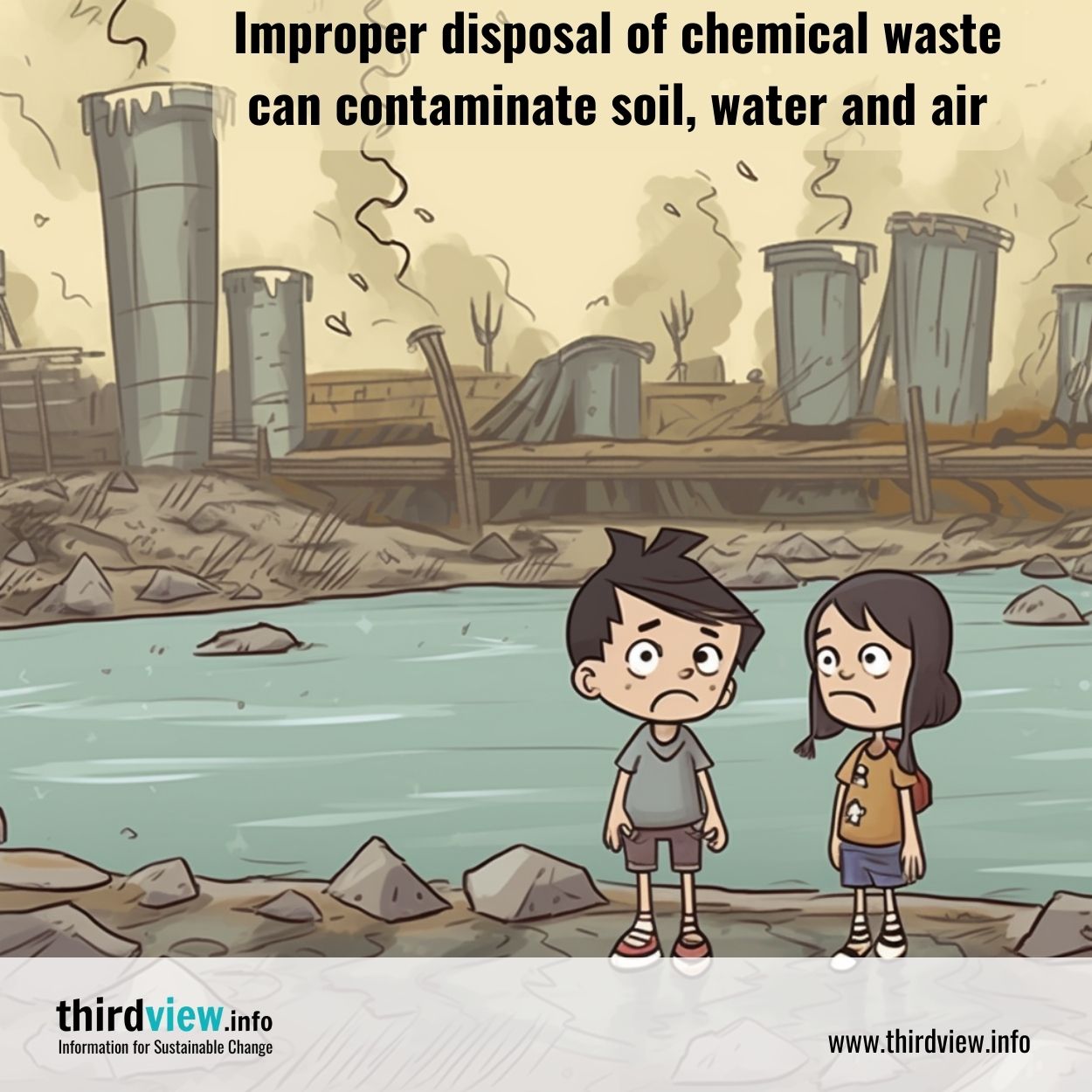The negative effect of chemicals and waste on the environment and human health is no longer news, and as such, businesses need to be more responsible for their waste management practices. The continuous release of chemicals into the environment leads to the degradation of the atmosphere, soil, and water bodies which in turn, affect our food safety and health.
In light of these, businesses need to come up with innovative and eco-friendly means of waste management. Here are five strategies that would help in reducing the release of chemical wastes from your business.
Design for Environment (DfE)
Design for Environment is a framework and an approach used to minimize the amount of waste generated through the design of products from the outset. Building sustainability into the design process ensures that the entire life span of a product; from production, distribution, use, and disposal is optimized. DfE is a continuous improvement process that must be ingrained in your business philosophy, and it helps to reduce energy use and reduce waste.
Use of Recycling Technology
The use of recycling technology is vital in reducing the amount of waste generated from business operations. Recycling technology helps to reduce the environmental impact of waste by converting it into reusable materials. Industries that generate significant amounts of waste, such as food and beverage, pharmaceuticals, and electronics, can benefit from adopting recycling technology. The use of bioplastics (biodegradable plastics) is also an excellent example of recycling technology.
Substitution of Hazardous Chemicals
Reducing the release of chemical wastes often involves adopting alternative, safer solutions to hazardous chemicals. In choosing alternative materials, businesses should opt for products that are recyclable, biodegradable, and environmentally friendly. Food companies can use natural food preservatives instead of synthetic ones while cleaning companies can use natural cleaning agents instead of harsh chemicals.
Adopting Efficient Waste Management Practices
The adoption of a comprehensive waste management approach can help to minimize the amount of waste generated by businesses. Efficient waste management practices involve waste reduction, reuse, and recycling. Some examples of efficient waste management practices include; segregating waste into different categories, responsible disposal of hazardous waste, and employing the use of proper waste handling equipment.
Collaboration with Supply Chain Partners
Businesses can collaborate with their supply chain partners to ensure that sustainable practices are adopted by everyone in the chain. Supply chain partners who adopt the philosophy of sustainable business practices can help in reducing the risks associated with waste disposal. Collaboration includes looking for opportunities to reduce waste, improving transportation methods, and reducing unnecessary packaging.
Every business that has an interest in promoting environmental sustainability and reducing the release of chemical wastes should adopt one or more of the strategies mentioned above. By working together towards a common goal, businesses and industries can reduce the impact of chemical waste on the environment and human health. Being Eco-friendly doesn’t only reduce costs, but it also portrays an excellent image to the public and ultimately leads to a healthier planet. It is imperative for businesses to reevaluate their wasteful operations and make efforts in this direction. Together we can make a difference.


